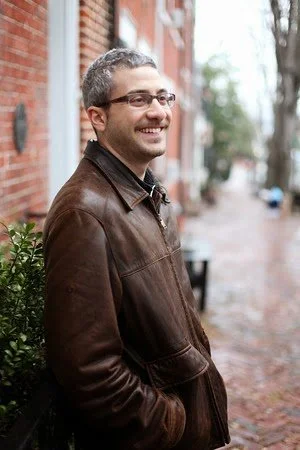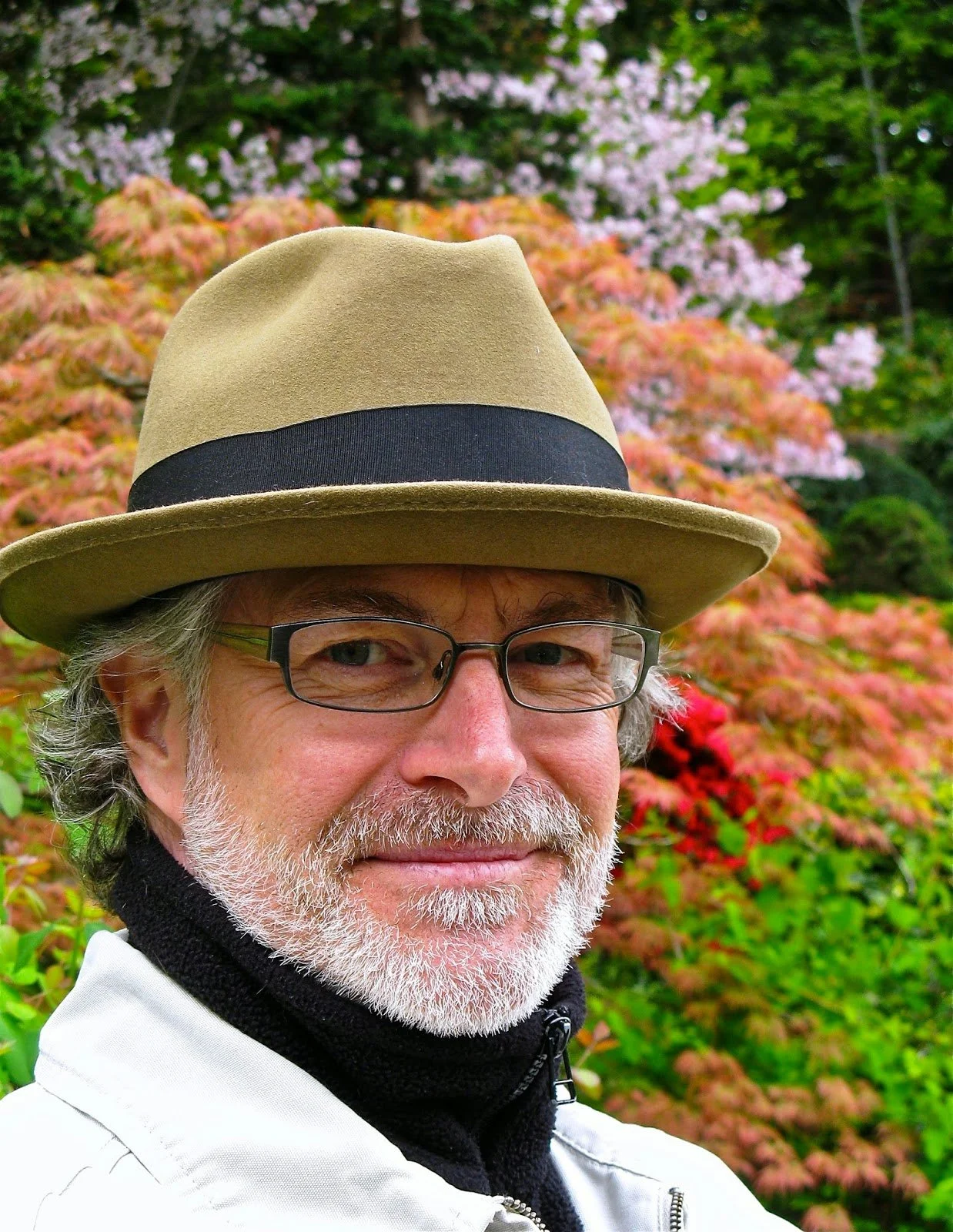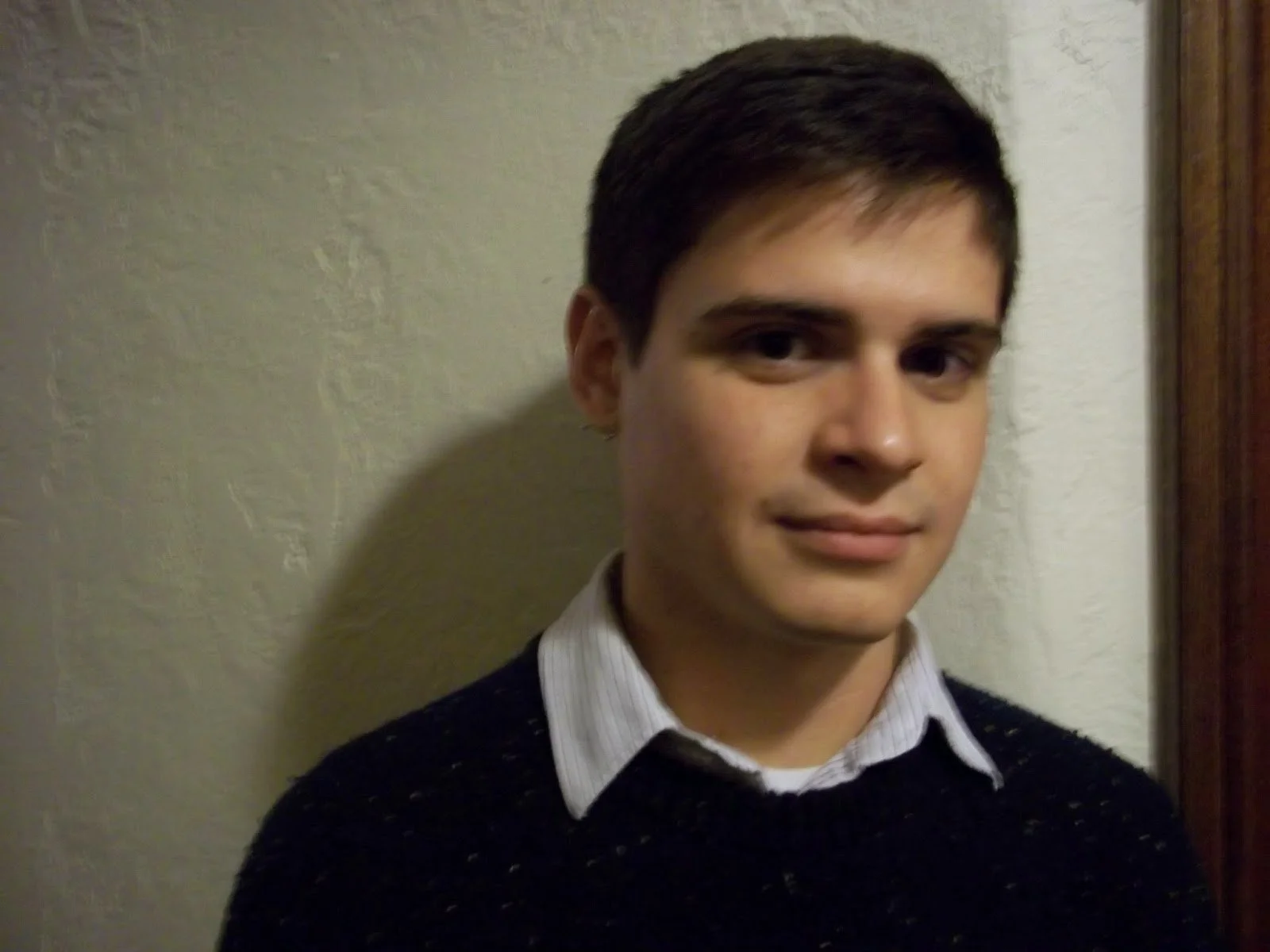I’m excited about seeing “Impure Acts” (my translation of Mauro Covacich’s short story “Atti Impuri” ) in print in the HFR. The idea of an English translation of a contemporary Italian story set in postwar Poland intrigues me in that it interposes several layers of mediation between the reader and the narrator. You have Covacich who conjured up this scene in the mountains outside postwar Krakow and described it in Italian, and then you have the translator (me) importing the story from Italian into English.
Read MoreMy poem “Mobile” was inspired by a baby gift for my newborn daughter—a mechanical crib mobile sent by a well-meaning relative I’d never met. This mobile, with its toxic-smelling plastic ponies and its beepy, teeth-grinding rendition of a piece of music I was fond of, struck me at first as the very nadir of technological achievement. As the poem says, whenever I looked at it—and smelled the chemicals coming off the plastic—it made me think of “asthma attacks and Chinese factory workers.” In an earlier draft, the poem went on to ask, “Why would anyone give a naked infant / such a complicated dance of suffering?” Although those lines didn’t make it into the final version, once I had posed that question, I wanted to try to answer it, or at least investigate it. That investigation comprises a large part of the pleasure poetry gives me—the experience of embarking on a quest I hadn’t intended to sign up for.
Read MoreI found my voice as a writer, ironically, by speaking in other people’s voices, which is to say when I started translating in earnest. Before about five years ago, I’d dabbled in translation. In college, I once got out of taking a final exam in an Italian class by turning in a translation of the brief memoir “Winter in Abruzzo” by Natalia Ginzburg, and later it was the first translation I ever published. Still in college, I started translating Camus’s The Stranger to teach myself French. Living in Japan years later, I collaborated with my friend Mark Caprio to translate the Japanese novel A Heart of Winter by Miura Ayako, which we did manage to finish and publish, and also some contemporary Japanese Buddhist poetry. I should have given in to my fate long ago, but I spent many years writing short stories, personal essays, even a travel column for a while, before I committed to translation wholeheartedly.
Read MoreThe first poem I wrote was a libretto, a byzantine elaboration of “The Tell-Tale Heart.” My roommate asked me if I’d try writing the text for an opera he was hoping to write, so I tried. I tried writing the only way I knew how—which meant meter, rhyme, form, and capitalizing the first letter of every line. It took about a year to finish the libretto and, reading it now, it seems like a record of an idiosyncratic education in which arias turn into sonnets, duets are sung is terza rima, and Longfellow makes more than one appearance. These were the best methods I knew of making a poem sound like music.
Read MoreThe Gender Revolution, Televised began as a layman’s rumination on gender identity—what it means, what it does, how it starts. I suppose it was also fueled by my pessimistic view that whenever society has an opportunity to learn some great lesson, it typically squanders it, focusing instead on rants and curiosities. That’s certainly been true for pretty much any racial, religious, or gender-based scandal in recent history.
Read More“HTML”: THE ORIGIN STORY
It’s strange to mourn someone you’ve never met. The story isn’t about him, but the story exists because of him, because he died, because the circumstances of his death were so preposterous, and so in that sense you could say that “html” is an elegy for Aaron Swartz. I’d been planning to write an English/HTML hybrid for years, but the project kept getting postponed in favor of other stories, it was always next up, it was never the priority. And then Aaron died.
Read MoreHaving translated part of Amarsana Ulzytuev’s “anaphora manifesto” for my introduction in the print issue of the magazine, I have already addressed his point about the dominance of end-rhyme so characteristic of Russian verse having been a detriment to the development of anaphora. I would only add that anaphora, being so primal to English verse – in the syntactic sense due to the influence of the King James Bible, and in the broader sense, of alliteration (or “front-rhyme” as Amarsana has it,) characteristic of its earliest strata of Old English alliterative verse – in my process of translating Amarsana’s poems, I did not sense a need to consciously find words that alliterate (after all, an accident of composition) so that the “Englishing” proceeded, as I’m sure did the writing of the originals, in a natural way.
Read MoreI enjoy a brisk hike from time to time, a hike that’ll have me sitting in a cozy diner a few hours later with an awesome grilled cheese sandwich in my hands and a plate of greasy French Fries before me. Maybe a strong coffee. Food and drink to replenish my weary body. I don’t know that I’ll ever take a hike tantamount to the one that brings the characters of “This Place of Great Peril” to the summit of the 84th highest mountain in the world.
Read More


